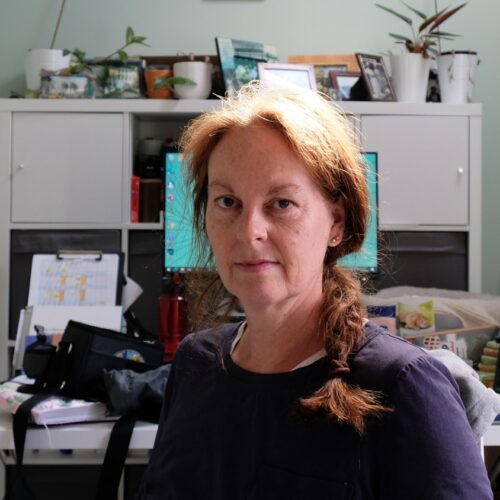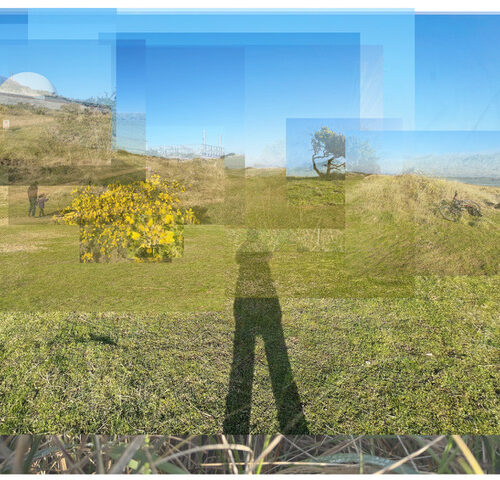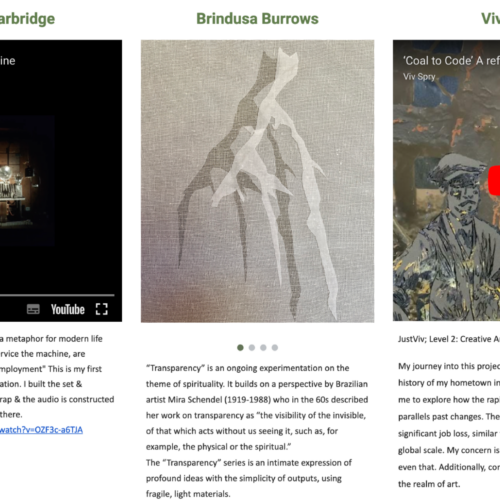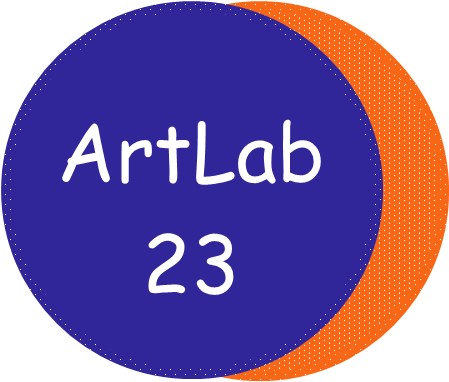
Photography Matters ii
Here are some thoughts on how the Photography Matters symposium came to be. I think the doubts and fears, and above all the questions I have, and have had, around the medium may be familiar to many of you.
Photography Matters is intended to be read two ways; matters pertaining to photography, and as a statement affirming that photography matters to us all. The latter implies a currency with which to question the former – what is happening in photography right now that affects life as we live it? Where in the everyday do our lives intersect with this most ubiquitous medium? From photojournalism that ‘goes viral’ and ultimately informs political change to the billions of supposedly impermanent direct images sent between individuals, photography is still a primary means of communication. Historically how has it shaped who we think we are?

Photography caught the public’s imagination as soon as it was invented, rapid advancements such as the widespread production of carte-de-visite meant that many families could now afford likenesses of loved ones. Portrait studios bloomed across the world. Kodak brought the taking of photographs to the masses from 1888. From its inception its uses were instantly exploited and integrated into the industrial age. Claims are made that around a third of all early photographs were pornography. Photography quickly found niches in family life, academic circles, art, commerce, industrial processes, the operations of the state. We have always known it, as did our parents, grandparents and generations back to 1839. It can matter to us in many ways, its uses are ever evolving. Our need for representations – sometimes over the real thing – is insatiable. Yet somehow when I tell family or friends that I am an artist working with photography it quickly becomes apparent that there is a gap in understanding. They ask, why? Who for? Do you paint them afterwards? Sometimes I’ve asked these questions myself (apart from the last one). Doubt creeps into the gaps between life and art. As an artist in the community I’ve sat with people who may have lost everything and all I can offer is to photograph them. My process usually involves spending time getting to know people before photographing them, yet still the worry is that art or photography is the last thing that subjects really need. Participants often feed back that the listening and discussion part of the process is beneficial – it certainly helps me shape projects and assuages some of my guilty feelings – but, it then follows why take a photograph at all?
I have also sat in research rooms listening to presentations so abstracted from the production or presentation of photography that colleagues exclaim, ‘I wish they would just show us some _ _ _ _ing photographs!’. Equally, when it came to their turn another colleague becomes enraged, fuming that their documentary practice was exploitative and lacked empathy for subjects. Who knows what they made of my presentation of cluttered, information-packed images that often eschew any aesthetic sense – another colleague did comment that it was better when I stepped out of the classrooms and photographed against plainer outside walls as they, ‘could see what I’m supposed to be looking at now…’ – now it was my turn to be enraged, and the arguments roll on – what to photograph, when, and how to show them, and, what difference does it make anyway?
There never seems to be a definitive answer, and never seems to be any safe ground from which to shoot from. Sometimes I feel creatively blocked, that the camera is so dangerous an invention that it should never be used. What guidance can academia give to photographers such as me? As we often find, Benjamin, Berger and Sontag have thought through the experiences we have – and all before the digital camera was dreamed of!
In 2005 I approached my local arts centre proposing an exhibition, the curator counter-offered with a request to work with at least one of the local groups that they were engaged with. I worked with a group of children who were excluded from mainstream education. It was the beginning for me of a continuing strand of work, and it has massively informed my practice. For a number of years, I relied on my enthusiasm for photography; this medium so flexible, so dynamic, so powerful as art, that surely everyone could be as excited by it as me. Engaging with photography could change their lives. I remember a young offender exasperatedly saying, ‘you love photography don’t you?’ when I turned up in yet another photo related t-shirt and started going through the day’s planned photography activities. From around 2010 my limitless love of all things photographic waned as projects seemed to have less meaning in an austere world where many of the people (young and old) were clinging on by their fingertips. Making and talking about photographs could sometimes seem irrelevant to people worried about their asylum status, health, families or homes. In learning environments, questions continually revolved around, ‘how do I make money from this?’ – I could only relate to students that the first job I had in photography was now barred to them. At an NEPN event in February 2016 curator Marc Prüst declared there were no press photographers left on the staff of any European newspaper. Since Fred Ritchin noted the dramatic events at the Chicago Sun Tribune in 2013 the world of photojournalism has unravelled. At the same NEPN event, photo editor, Rebecca McClelland said that because everything on the internet could often be accessed for free, media outlets were desperately searching for a way to ‘monetise photography’, this echoed the nub of Fred Ritchin’s dilemma in Bending the Frame. Is photography going to become the preserve of those who don’t need to make a living from it?
As I studied at Masters level I was surrounded by peers (many of whom did not make their living from photography) supposedly stretching the boundaries of the medium, yet it felt to me that they were producing less and less, talking more and more, and critically, not engaging with very real and massive societal changes. As I used a camera to peek into lives that I could never fully know, photographs often seemed facile or disingenuous, what I wanted to show was often not what my subjects wanted to reveal.

Questions of ethics and audiences plagued every shoot, and I often felt a written or filmed narrative would better serve those who I was photographing. Yet in January 2015 I stood with a documentary filmmaker amongst an exhibition of over six hundred photographic portraits as he lamented that despite all the immersive qualities of his medium, he was still in awe of the power that lay with the still photograph.
And here’s another tale – in April 2015, at a drop-in session in a church hall in Askern, South Yorkshire, a father recounted to me how he believed he’d never been photographed whilst in the family home. He was shocked, but gratified, to discover that his son had used the disposable camera he had bought for him to secretly photograph his dad over the years.
My practice – of which organising this conference is a part – continues in this turmoil of nagging concerns, only this morning I was asked by a fellow artist for tips on retaining confidence through a project, I replied, ‘I test the work out at an early stage, if the responses from peers are positive(ish) I then plough blindly on trying to consign doubts to a small box in my head.’
The next post will elaborate on who we’ve invited to speak.






A beautifully open and valuably questioning post Les. Unfortunately I’ll be out of the country but congratulations on organising it, I’m sure it will be a great success.
DISSAPPOINTED TO BE MISSING THIS BUT I HAD PRE-BOOKED PHOTO-LONDON
I am booked on as it is only takes an hour to get to. Sounds good and I am looking forward to attending.
I too am booked on it. Really looking forward to it. I can identify so much with Les’ comments.
Thanks for these interesting observations, Les, which mirror some of my own concerns and questions as I move into the next stage of the OCA photography degree course and develop my own photography. Struggling with finding a voice and a purpose are my current challenges and Photography Matters will clearly be addressing some of these issues.
And thanks for organising this one day event. Sadly too far from Pembrokeshire for me to justify the cost of attending but I look forward to the promised recordings being made available. David
Although I am at the early stages of my OCA degree I am already struggling with the ethics of photography. I worked in Africa for a number of years but only ever photographed my project work because I knew and loved the people, with whom I worked, too much. I am researching the work of Donigan Cumming at the moment and I feel like I am sitting on a see-saw… Thank you for this encouraging article